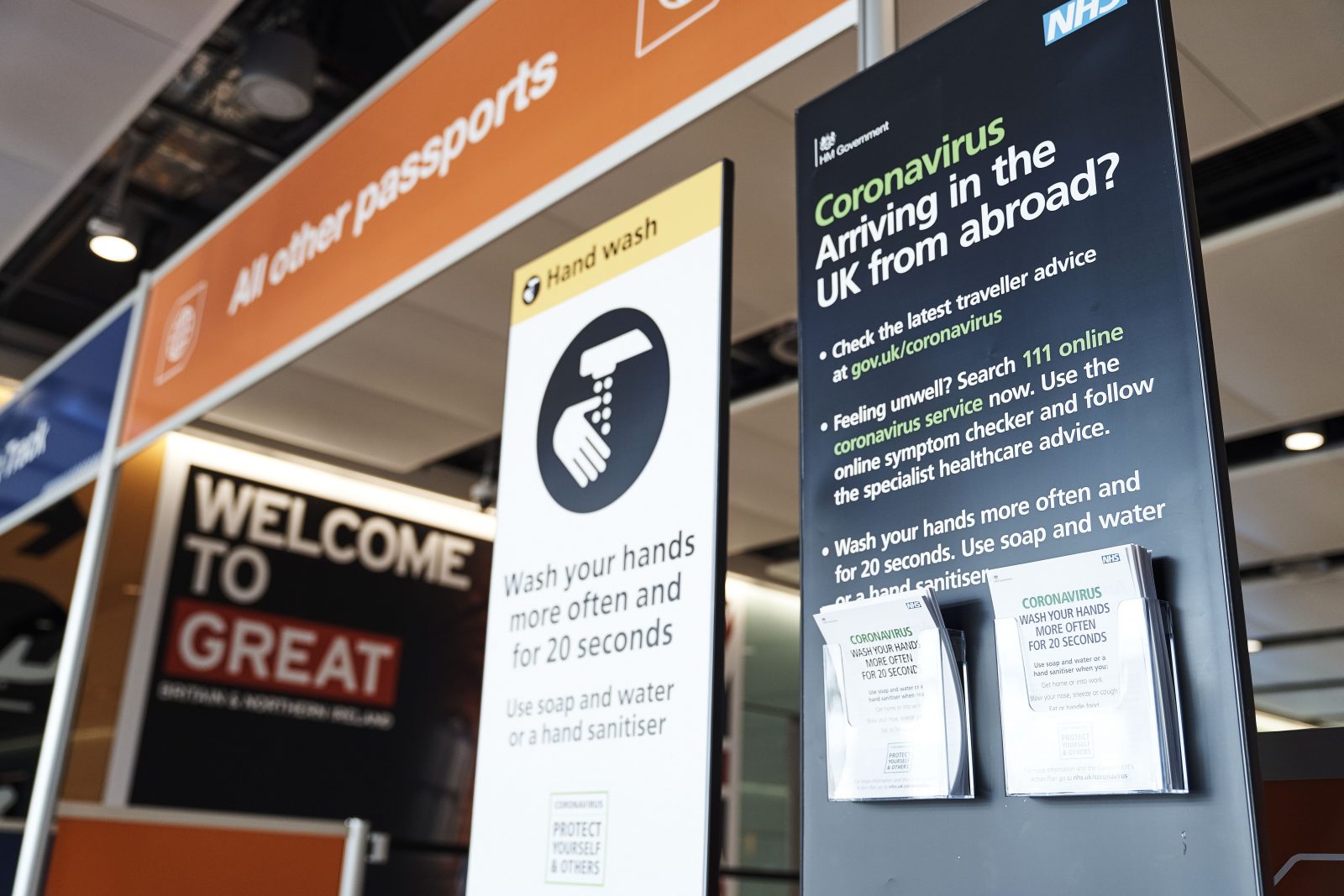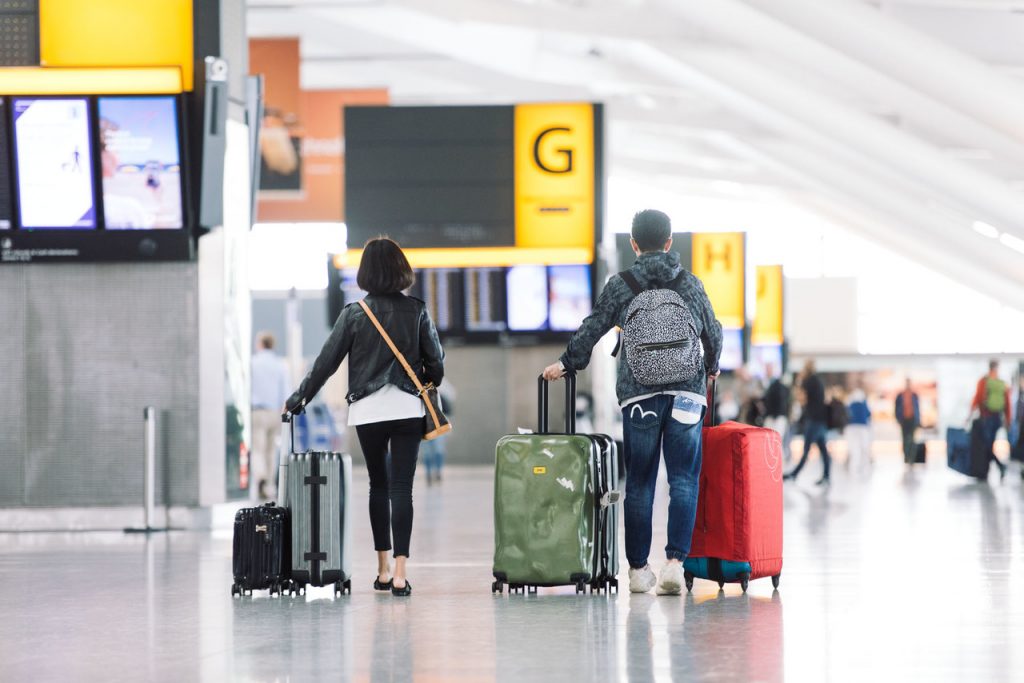
Throughout the COVID-19 pandemic, the United Kingdom has taken a rather unusual stance. Not only did the country initially resist calls for widespread social distancing and was late to the game in introducing a lockdown but throughout the crisis, the British government has refused to implement travel bans or entry restrictions and has no form of entry or exit screening to try and identify passengers who might have the novel Coronavirus.
Even when human-to-human transmission of COVID-19 had been confirmed and China had locked down the city of Wuhan with a population of over 11 million people, flights from the Chinese mainland continued to arrive daily without any form of checks. Nor were flights banned as Italy locked down the entire country and so too France and Spain.

Flights continue to operate between the UK and USA – which today passed the sombre milestone of over 50,000 deaths. British travellers are banned from entering the United States but no such travel restrictions apply to American passengers arriving from hotspots like New York or Washington state.
So far, ministers have claimed they are being led by the science on how to deal with the COVID-19 pandemic and say their scientists don’t think travel bans and passenger health screening would be particularly helpful – at least at this point in the crisis.
But John Holland-Kaye, the chief executive of Heathrow Airport has now called on the government to introduce mass passenger health screening at Heathrow and all other airports across the United Kingdom. Holland-Kaye wrote to Britain’s health minister asking for the scientific advice to be published as soon as possible and now there are indications screening could be introduced at some point soon.
Previously, ministers claimed temperature tests and even COVID-19 tests were of little use because the incubation period for the virus can be up to 14-days. Someone could easily pass a test after a 12-hour flight only to then start suffering symptoms and infecting people a couple of days later.
That stance, however, may change in the future and at a government press conference on Friday afternoon, the transport minister Grant Shapps said experts were currently investigating what measures might be introduced at airports. These measures, however, would only be useful once case numbers in the UK had fallen and a “track and trace” contact tracing initiative had been introduced.
The World Health Organisation (WHO) is cautious about the benefits of entry screening but claims exit screening can be effective. In the early stages of the pandemic, the WHO advised against the widespread use of travel restrictions and said any bans should be time-limited and reviewed frequently.
Mateusz Maszczynski honed his skills as an international flight attendant at the most prominent airline in the Middle East and has been flying ever since... most recently for a well known European airline. Matt is passionate about the aviation industry and has become an expert in passenger experience and human-centric stories. Always keeping an ear close to the ground, Matt's industry insights, analysis and news coverage is frequently relied upon by some of the biggest names in journalism.







